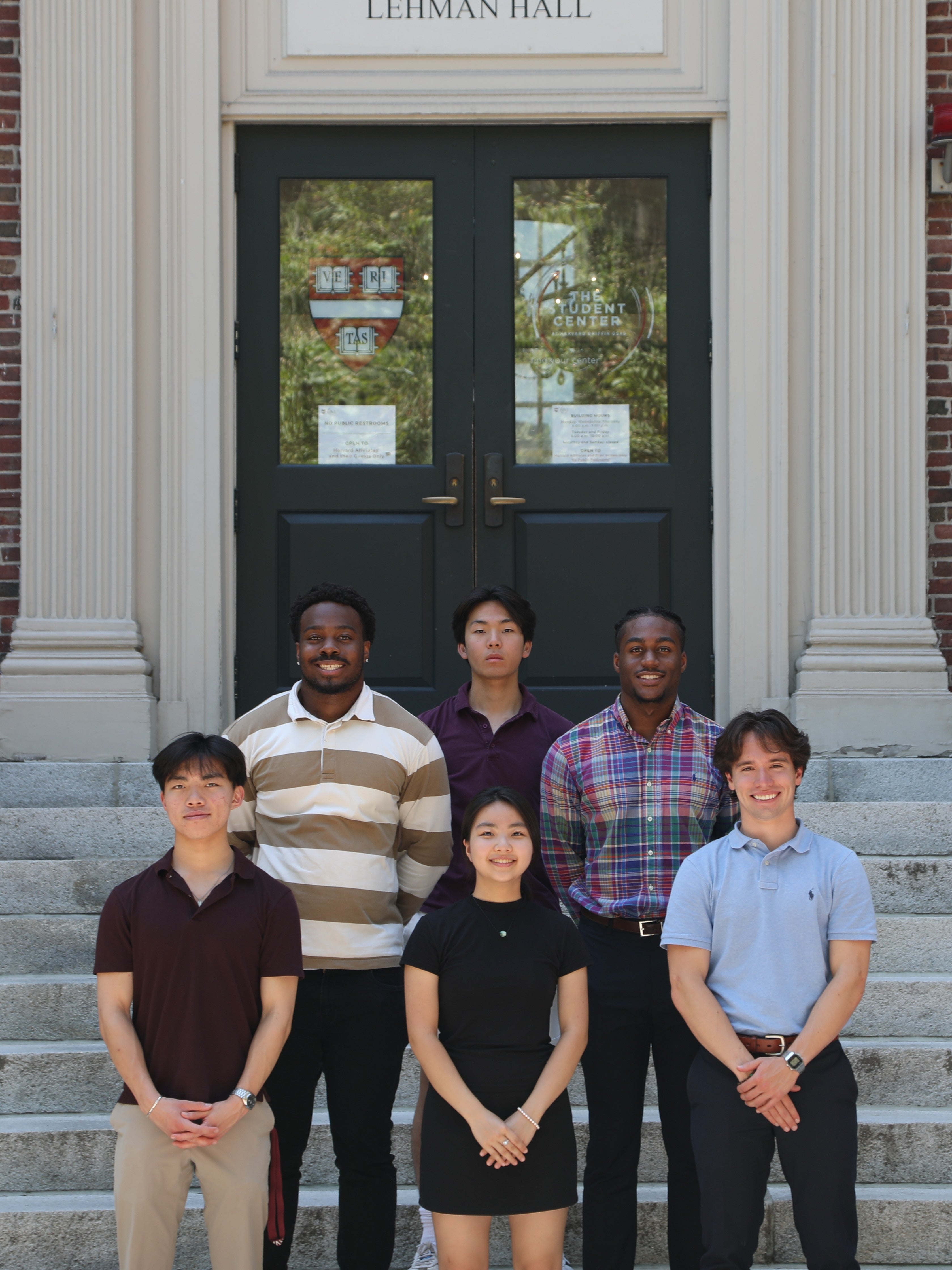By Jana Samara
It is noticeable that the Internet had a significant influence in many aspects of our society and the wellbeing of the people. The impact it has on our brain’s functions and its structure is the main focus of my investigation and research.
These are the specific aspects that social media and the internet might be affecting: 1) Attention: the media made us focus only on the information that are skimmed and summarized; also the media encouraged us to divert our attention to multiple platforms in less than a minute. 2) Memory: people depended on the Internet for finding information and storing memories that they can no longer recall everything. 3) Cognitive ability: daily use of social media caused a decrease in cognitive ability. Additionally, this paper shows the complex relationship between social media and the Internet from one side, and people’s memory and cognitive ability on the other side. It also shows the importance of research and distinguishing between the difference of causation and mere correlation.
Introduction
Social media has become an essential part of present-day life; it offers a way for people to connect with each other around the world. It also allows individuals to stay up-to-date with others about what’s happening in other places, and share information. However, the constant need for people to depend on social media in their everyday lives have driven scientists into questioning whether social media has the ability to impact our memory and cognitive ability. Social media can have both benefits and drawbacks, and in this essay I will be exploring both. The impact of social media can give people opportunities to recall shared experiences together and may also provide them with an overload of information, which may be hard to manage and recall. This shows the significance of conducting more research so we can understand the impacts of social media. Every time a person gets a notification from the app or scrolls, it releases dopamine. That can rewire your brain to crave more of the thing that caused this dopamine release, which may cause addictions. It can shrink certain parts of the brain which affects your ability to remember and poorer cognitive ability. Social media can also worsen a person’s attention span, because of its impact on memory and its ability to change our attention processes. Also, social media mostly prioritizes information that can affect someone emotionally, which can alter the way we remember memories. I’ll also be talking about a term called, “Google effect”.
People used to read books to get external information but now most people use Google and the Internet since it is easier to access and it’s available to anyone who has WIFI. Also, most people use the Internet as their primary informational resource. So people will take less time to actually retain the information since it can be summarized in fewer details on social media. The “Google Effect” is the tendency for people to store less information internally since it can be easily accessed online, via social media and Google. People would rather recall where to get their information and resources than learning them in depth and remembering it (Gregory, 2018). For example, students in class might take a picture of the slides or save them somewhere instead of processing the information at that moment. This may hurt their memory and its active encoding. Shallow processing is used a lot in social media which is a drawback. It is the summarization and skimming of information rather than going into deep details and meaning (Bahal, 2023). This will lead to continuous partial attention; which is the act of constantly splitting and moving focus between various tasks or stimuli without fully committing to any one of them (Shanmugasundaram & Tamilarasu, 2023). This will result in a bad attention span and only a partial engagement. The social media can also impact the way you recall memories and events. A person can post false information about an event that happened and that can cause the reader to have a misleading recollection of the event. It can influence what is remembered about the event and change the details that are recalled. A study that has been done showed that using social media during an event made it harder for individuals to recall that event. How the information is presented and sourced can influence how a person remembers the event (Molokotos, 2018). Social media can cause anxiety, depression, and FOMO (fear of missing out). The people that experienced the most negative effects (like anxiety) from social media had the worst memory (Tidalgo, 2023).
A study made showed that using social media daily for a large amount of time showed many negative side effects which resulted in a worsening the emotional well-being. So those people had a poorer memory (Sharifian & Zahodne, 2021). However, since this is a vast topic and we rely on social media everyday it is harder for us to distinguish between true causation and simple correlation in our understanding of how technology affects our cognitive ability. When an individual’s attentional resources aren’t able to keep up with their environment, they experience attentional overload. There is a wide range of stimuli in the digital age such as alerts, notifications, emails, etc…, it’s called media multi-tasking (Shanmugasundaram & Tamilarasu, 2023). Ophir was one of the earliest researchers to investigate the long-term effects of media multi-tasking on cognitive abilities. This study compared the group who did extreme media multi-tasking with those who didn’t, using a cross-sectional study. Testing the cognitive capacities of both groups revealed a surprising result: individuals who engaged in heavy media multi-tasking performed poorly in task-switching test compared to their counterparts. In addition, people that engage in heavy media multi-tasking need greater cognitive effort to maintain focus when faced with distracting stimuli. Also, it causes a decrease of grey matter in prefrontal regions, which is involved in maintaining goals when facing distraction. Based on a controlled study that has been done that showed six weeks of using video games caused notable decrease in gray matter in a certain part of the brain called orbitofrontal cortex. It is a region in the brain that is involved in decision making and impulse control.
However, the data discovered must be interpreted cautiously because there are numerous factors that could be affecting the results that were found in the study. The studies and research that has made do not always represent everyone. For example, a study done showed that a daily media multi-tasking behavior often predicts attention problems in young adolescents, but not in older teenagers. Another disadvantage is the digital world acting as a form of transactive memory. Transactive memory is an important part of human society, it’s to source out information and memories to people they know. So they will able to know the source of the information rather than storing it. But, now people are using technology as a way for transactive memory; instead of remembering it they use an external digital source to store it. Taking photos is a common example that we use often (Firth, 2019).
Conclusion
In conclusion, it is unquestionable that social media and the Internet play an integral role in our lives, and can impact our memory and many other things. While, they offer various benefits cause of how easily accessible information is, however it also has potential drawbacks and risks for people’s mental health and wellbeing. Through this report, we have seen the disadvantages of excessive use of social media platforms and how it can negatively alter people’s memory and cognitive ability. The reliance on technology for information and memories can decrease our ability to recall events and make it harder to process and encode information in our brain. However, using social media and the Internet can be helpful, if it is used in the right way and used for limited amount of time. It is also useful to consume social media mindfully so it doesn’t affect your brain and cause addiction to media platforms. Also be cautious of the information you read and choose to believe, because false information can mislead and manipulate someone and alter their recalled memories and impair their critical skills. In addition, read and process information that goes in deep details and do not use shallow processing, because that can lead to poor cognitive ability. It is also useful for people, especially kids and adolescents, to engage in activities that enhance their memory, cognitive abilities, critical skills, and encourage face-to-face conversations. Lastly, it’s important to have a balance between your online and offline activities.
References
Gregory, A. (2018, May 8). How social media is hurting your memory. TIME. https://time.com/5267710/social-media-hurts-memory
Bahal, J. (2023, July 24). Social Media and its Impact on Memory - Reputation Today. Reputation Today. https://reputationtoday.in/social-media-and-its-impact-on-memory/
Molokotos, E. (2018, December 6). The effects of media on memory. Psych Central. https://psychcentral.com/lib/the-effects-of-media-on-memory#2
Tidalgo, K. (2023, October 10). Can Social Media Usage Affect Memory? — Ethical Digital. Ethical Digital. https://www.ethicaldigital.ca/blog/can-social-media-usage-affect-memory
Sharifian, N., & Zahodne, L. B. (2021). Daily associations between social media use and memory failures: the mediating role of negative affect. The Journal of general psychology, 148(1), 67–83. https://doi.org/10.1080/00221309.2020.1743228
Shanmugasundaram, M., & Tamilarasu, A. (2023). The impact of digital technology, social media, and artificial intelligence on cognitive functions: a review. Frontiers in Cognition, 2. https://doi.org/10.3389/fcogn.2023.1203077
Firth, J., Torous, J., Stubbs, B., Firth, J. A., Steiner, G. Z., Smith, L., Alvarez-Jimenez, M., Gleeson, J., Vancampfort, D., Armitage, C. J., & Sarris, J. (2019). The "online brain": how the Internet may be changing our cognition. World psychiatry : official journal of the World Psychiatric Association (WPA), 18(2), 119–129. https://doi.org/10.1002/wps.20617





